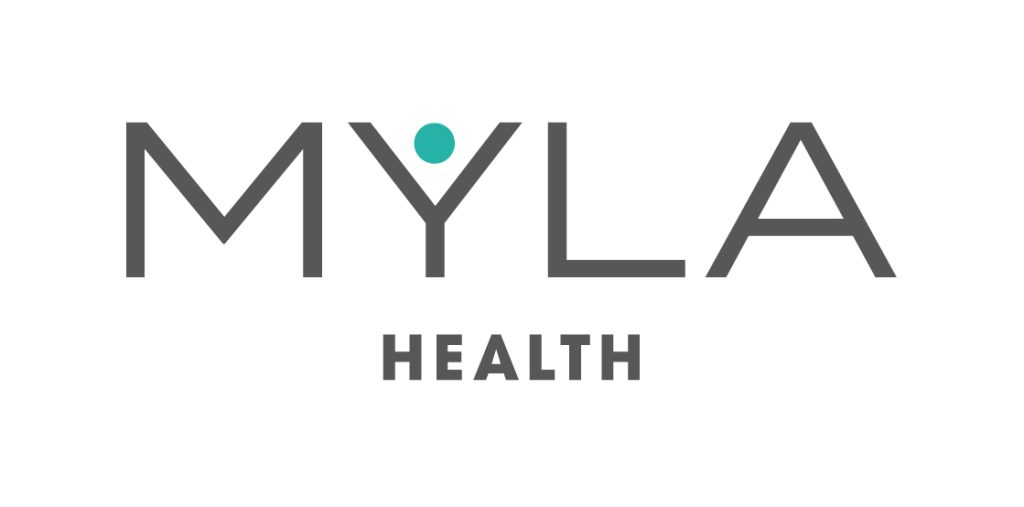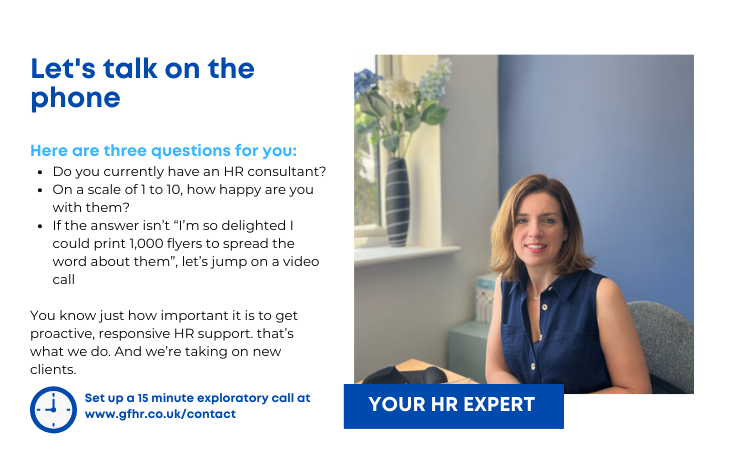What do you really know about Employer Branding?
Employer branding isn’t just a slick logo or a clever marketing strategy; it’s a powerful force, connecting your values, strategies and policies with your people.
It’s what you stand for, how the world sees your business and the amazing experience you create for customers, clients and employees alike.
Happy employees will go the extra mile for you – and your clients – and profits increase.
Neglect your employer brand and you risk people feeling negatively about your business, which can lead to plummeting morale, reduced productivity and low client satisfaction.
Ready to build a powerful employer brand? Let’s dive in…
Define your Employee Value Proposition
Show off what makes your business unique, your vision for the future and why people should join – and stay – with you.
Know your internal brand
Host focus groups and run regular pulse surveys to find out how your teams really feel about you and your brand – then take action!

Stay aligned
Your employer brand should mirror your values, strategies and daily operations. Make sure everything matches up perfectly.
Highlight your CSR efforts
Showcase your commitment to social and environmental causes. A strong CSR reputation attracts top talent who care about ethics.
Encourage advocacy
Turn your teams into brand ambassadors! Encourage them to share positive experiences, represent your company at events and help refer new talent.
Discover how to build a winning employer brand that inspires your teams and delights your clients by downloading our latest guide today!
Get your FREE copy now!
New employer duty to prevent sexual harassment in the workplace
Under the Equality Act 2010, an employer can defend a harassment claim if it can show that it took ‘all reasonable steps’ to prevent it from happening in the first place.
From 26 October 2024, there will be a new additional proactive duty on employers to take reasonable steps to prevent (specifically) sexual harassment in the workplace by co-workers or third parties.
We would recommend you take the following 5 steps now to prepare for this new legal duty:

1. Policies: Check you have both a sound equal opportunities or equality, diversity and inclusion policy and a robust anti-harassment and bullying policy. Let us know if you want reassurance your policies are fit for purpose.
2. Regular Review: Diarise regular review dates for your policies and ensure your employees are aware of their contents and implications. We would recommend annual checks unless changes in the law require sooner. You may also consider conducting a risk assessment now, specific to your workplace, to prepare for the change.
3. Work with your staff: Invite employees to “buy into” and be part of the initiative by encouraging them to contribute their positive ideas for change. Consider and act on their ideas if it is reasonable to do so. Where proposals are acted on, keep evidence of this.
4. Be proactive and reactive: Encourage a culture of reporting and openness where concerns can be raised, discussed and dealt with at the earliest stage. Take steps to deal effectively and efficiently with complaints, including taking appropriate disciplinary action.
5. Training: Provide regular and adequate mandatory training to all staff (with enhanced training for managers) on equal opportunities and discrimination. A tick box exercise is not enough. Tribunals look at the content and nature of any training provided and how tailored and meaningful it is to your particular organisation. Training should define harassment clearly and give training on how to identify it and where/when it can apply (including behaviour at work-related social events and in online communications, ideally providing guidance on grey areas). Training should explain what to do if employees experience or witness harassment, what to do if harassment is reported to them and what the business will do if employees are found to have committed an act of harassment. It should also particularly focus on when it involves individuals in positions of authority or power dynamics. Where relevant, training should also include tailored advice on third-party harassment. GFHR can support you with staff training as required.
Need some help preparing for this change? Please give us a call.
October- Menopause awareness month
October is Menopause awareness month, with World Menopause day happening on Thursday 10th October. This event aims to break taboo and improve women’s health and wellbeing by raising awareness of symptoms and the support available.
Do you have a Menopause policy in place? Have you thought about implementing a menopause action plan? Take a look at our Business Owner’s guide to Menopause in the workplace here.
We will also be running a ‘Managing Menopause in the Workplace’ webinar aimed at both employers and employees on 20th November 2024 with guest speaker Dr Zoe Schaedel from Myla Health. Book your free place here.

Lonely Hearts Club: The Rise of Workplace Isolation
New data from Gallup has shown a troubling trend: workplace loneliness is on the rise. A staggering 20% of employees report feeling lonely on a daily basis, with fully remote workers feeling it even more acutely at 25%, compared to 16% of office-based staff. This loneliness is affecting overall well-being, engagement and performance.
While some employers might think that bringing everyone back to the office will solve the problem, it may not address the root cause—and could make the situation even worse.
Employers should focus instead on boosting engagement by connecting teams to their work, the company’s mission and each other. Empowering managers to be culture champions can also play a key role in bridging the gap and combating workplace loneliness effectively.
Read more here
Shared Parental Leave Hits New Heights
Shared Parental Leave (SPL) uptake has hit a record new high, with HMRC data showing there were nearly 25,000 claims last year – far surpassing the 6,200 claims in 2015 when SPL was introduced.
Suzanne Caveney, an employment partner at Eversheds Sutherland, attributes this surge to the gradual but evolving attitudes towards shared parenting and improved workplace policies and pay.
Despite the progress, SPL usage still trails

behind other countries like Finland, where paid family leave is standard for both parents. The data also reveals that SPL is more commonly taken by older, highly qualified individuals in large organisations, who earn higher incomes and have progressive gender role attitudes, compared with parents who do not take up SPL & pay.
Find out more here.

Dates for your diary
Entries are now open for the TW Business Awards. Details of the categories available can be found here and the deadline for entries is 9th October 2024. We are proudly sponsoring the New Business award and look forward to attending the awards ceremony on 26th November 2024.

We will also be running a ‘Managing Menopause in the Workplace’ webinar on 20th November 2024 with guest speaker Dr Zoe Schaedel from Myla Health. Book your free place here.
The Tunbridge Wells Business Show is taking place on 7th November 2024 at Salomon’s Estate Tunbridge Wells. We are excited to have a stand amongst other local businesses. Book your free visitor pass and come and say hello here.

Can I refuse to provide a reference?
Yes, unless you’re legally obligated—for example, in an employment contract, for certain financial services jobs regulated by the Financial Conduct Authority or Prudential Regulation Authority, or as part of a settlement agreement. Your reference policy can limit what you include.
What do I do if I can’t get in contact with my employee?
Check their schedule, then try contacting them via phone, text or email. If it’s not urgent, give them time, document your attempts and make use of emergency contacts. If there’s no response, follow up in writing and consider inviting them to a disciplinary hearing, following company procedures.
I only employ one person – do I need HR advice?
Yes! Even with just one employee, HR advice is essential. You may not need a dedicated HR person, but an HR Consultant can keep you compliant, legal and running smoothly.


